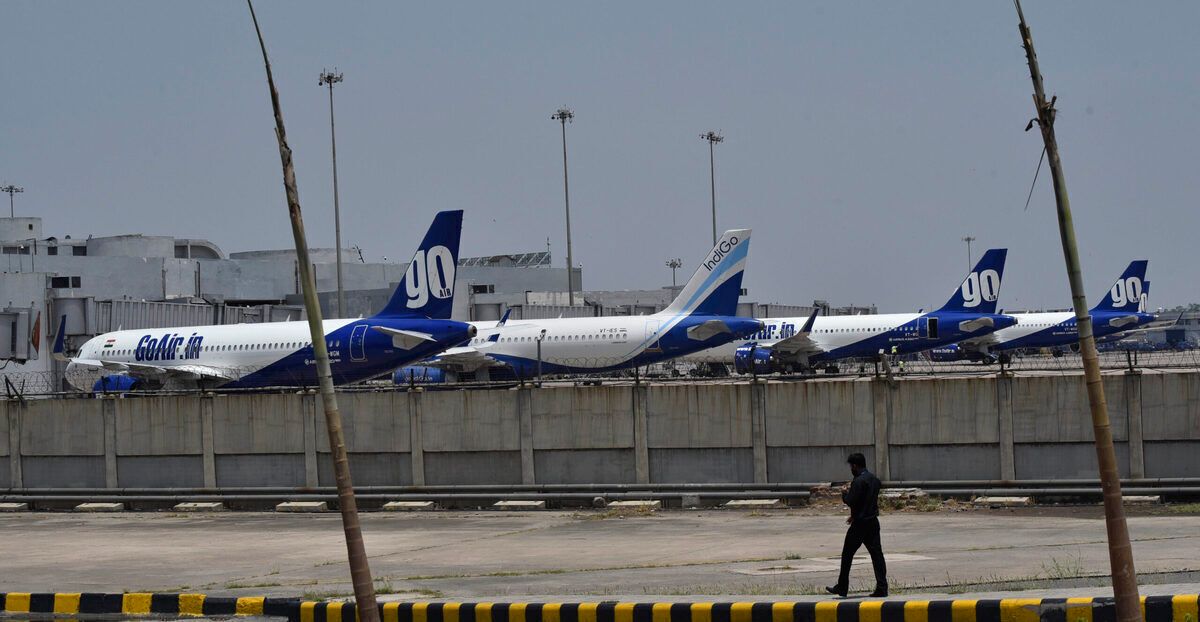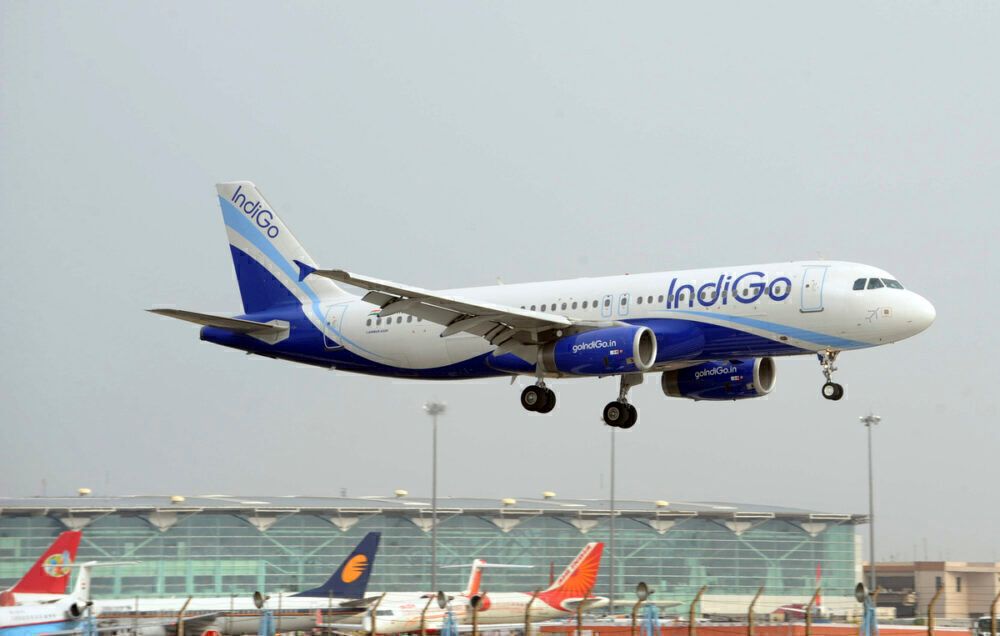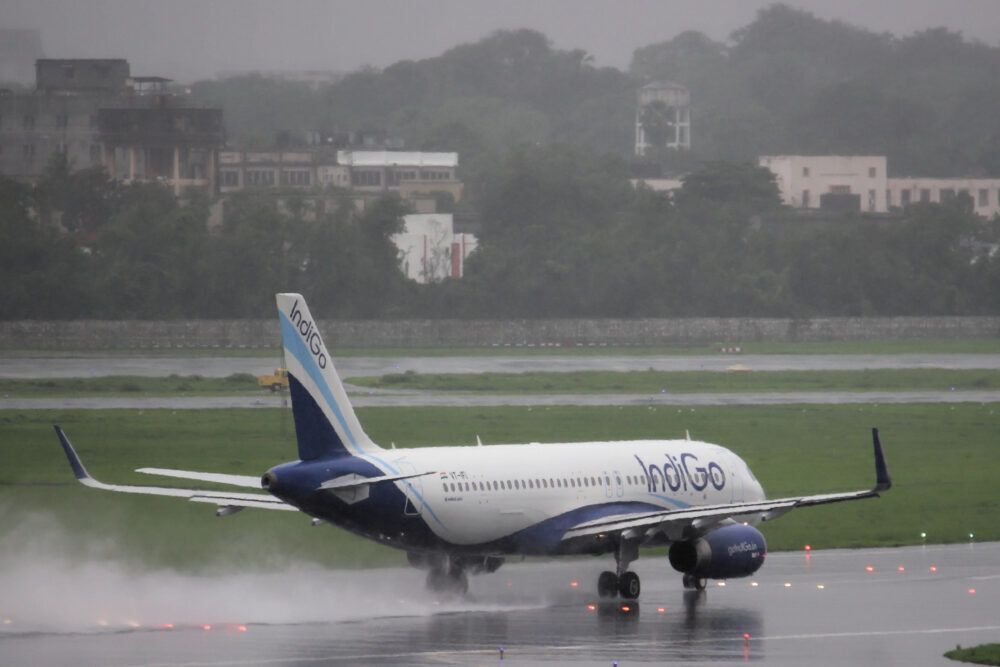Low-cost carriers IndiGo and Go First are both considering unbundling fares and removing free checked baggage from tickets. This will drive fares down even further in the Indian market and promote more competition. Let's find out more about these changes and why they come now.
Everything paid
According to Bloomberg, Go First and IndiGo have revived talks of unbundling fares in a bid to offer cheaper flights. Currently, both carriers provide 8kgs of checked baggage on all tickets along with one cabin bag. However, ferrying bags is expensive, and many passengers would benefit from cheaper fares instead of a checked bag.
This isn't a new discussion. Just a month before the pandemic hit, IndiGo was seriously preparing to unbundle fares. The carrier had received clearance from the DGCA as well, which even allowed zero baggage fares (similar to those seen in Europe). However, COVID disrupted the market, and emergency regulations meant airlines had to offer checked bags.
Go First (formerly GoAir) is eying a similar plan. The airline rebranded itself as an ultra-low-cost carrier earlier this year, which means it is now looking for ways to offer the cheapest fares in the market. Removing bags would be the most cost-effective method of doing so, especially when costs like fuel keep rising.
Stay informed: Sign up for our daily and weekly aviation news digests.
Coming soon
In an interview, IndiGo CEO Ronojoy Dutta talked up the chances of no-bag fares, saying,
"We have been talking to the government about that. We’re waiting for everything to settle down before we lock something [on the bags policy]."
While things have not fully settled down yet, the domestic market is fast approaching a full recovery. Passenger traffic has reached 75% of 2019 levels, and IndiGo's domestic capacity has even exceeded pre-pandemic times. As airlines look to recover revenues, charging from baggage could be a considerable boost.
Now, the question will be on who goes first. Go First is the most likely to make the change, given its brand as a ULCC. This will help the airline stand out and possibly boost its market share thanks to notably lower fares. However, removing bags also comes with the ire of the flying public, which is suddenly forced to pay after decades of not.
Response
The revival of no-bag fares comes as the Indian market is heating up again. Akasa Air, a startup LCC backed by Rakesh Jhunjhuwala, ordered a fleet of 72 737 MAXs at the Dubai Air Show this week, officiating its launch. The presence of another player will further intensify competition in the market, and airlines are preparing for a challenge.
Meanwhile, Tata's ownership of Air India has also been cited as a drastic shift in the market. Given its full-service nature, LCCs have to respond by either becoming cheaper or being more comfortable. IndiGo is doing both, offering better seating but also cheaper fares. If this will help, remains to be seen.
What do you think about no-bag fares in India? Let us know in the comments!



